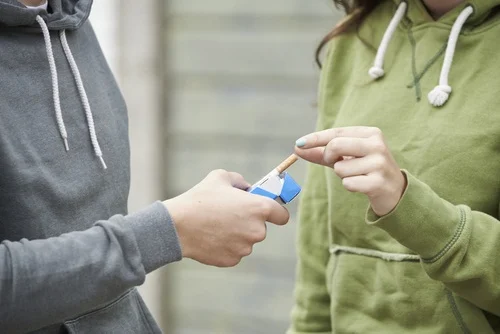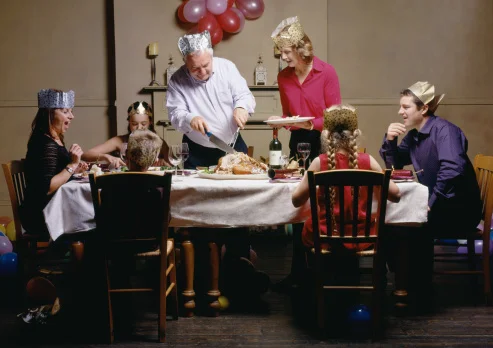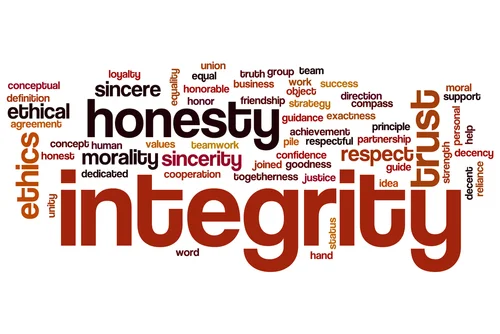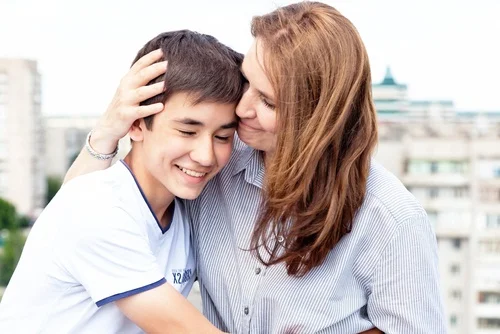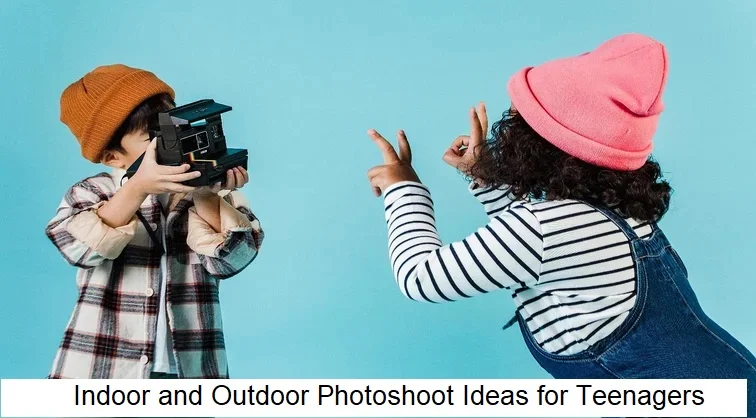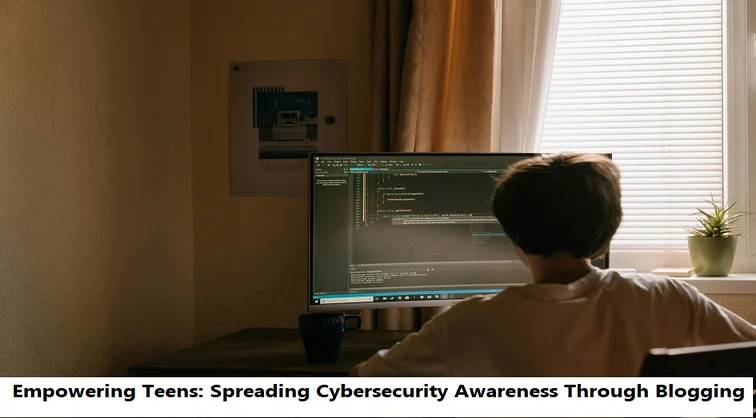+1 845 259 2974 (11 a.m to 7 p.m CST)
Help Your Teen Understand the Cost of Drunk Driving on New Year’s Eve
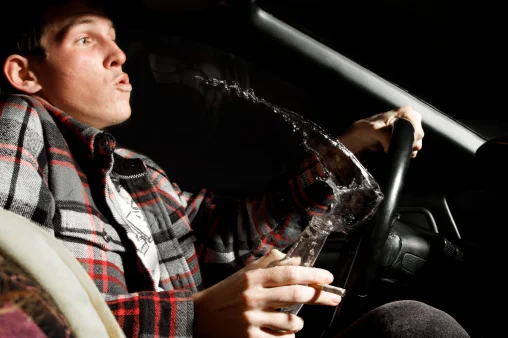
Teens often fail to see the big picture. For many of them, it is easy to get pressured in drinking, especially during the holiday season when teens and adults are surrounded by friends and family. It only seems normal to down a glass of wine or toast the New Year with some sparkling champagne. Even all this is relatively safer than the parties teens throw to welcome the New Year. What follows is not even thinkable for teens. Teens think they are invincible. If they are driving and wind up having a few drinks, it oftentimes seems like less of a hassle to take the risk and drive home rather than call someone for a ride.
Research suggests that teens don’t drink as often as adults but when they do, they drink a lot more than adults do. On average, teens have about five drinks on a single occasion and this might be considered binge drinking. The National Highway Traffic Safety Administration found that more than 10,000 people were killed in alcohol-related driving crashes last year. Not surprisingly, more than 400 of those deaths were in the second half of December alone.
Among the ways to protect your teen this holiday season, and at all times, some are listed are:
Talk to your teen
No parents want the issue of teenage drunk driving at hand but let’s face it, 70% of teens drink at some point or another. Make sure your teen knows about the risk of New Year’s Eve drunk driving statistics and that it is illegal to drink and drive. Law enforcement is cracking up during the holiday season. And it is crucial that you talk to your kid about drinking and driving.
Be aware of their location
Teens tread the fine line between adulthood and childhood often stumbling back and forth. Parents have to push them towards self-actualization and independence. But at the same time they must realize that their teen is not a complete adult. Supervision and monitoring is still necessary. Know where your teen is at all times, especially during the holiday season and the weekends when this kind of behavior is more common.
Communicate directly
According to a research, when talking to teens it is more effective to have small conversations pertaining different aspects of an issue rather than a big talk about it. Small talks have a greater effect on the teen’s minds. Gradually they will become comfortable with the topic and start listening to you rather than just hearing what you are saying.
Lead by example
If you don’t want your teen to drink and drive, never do it the same yourself. Parents are the first role models in a child’s life. Do not set a bad example on them
Here’s to a safe, alcohol-free holiday season!


